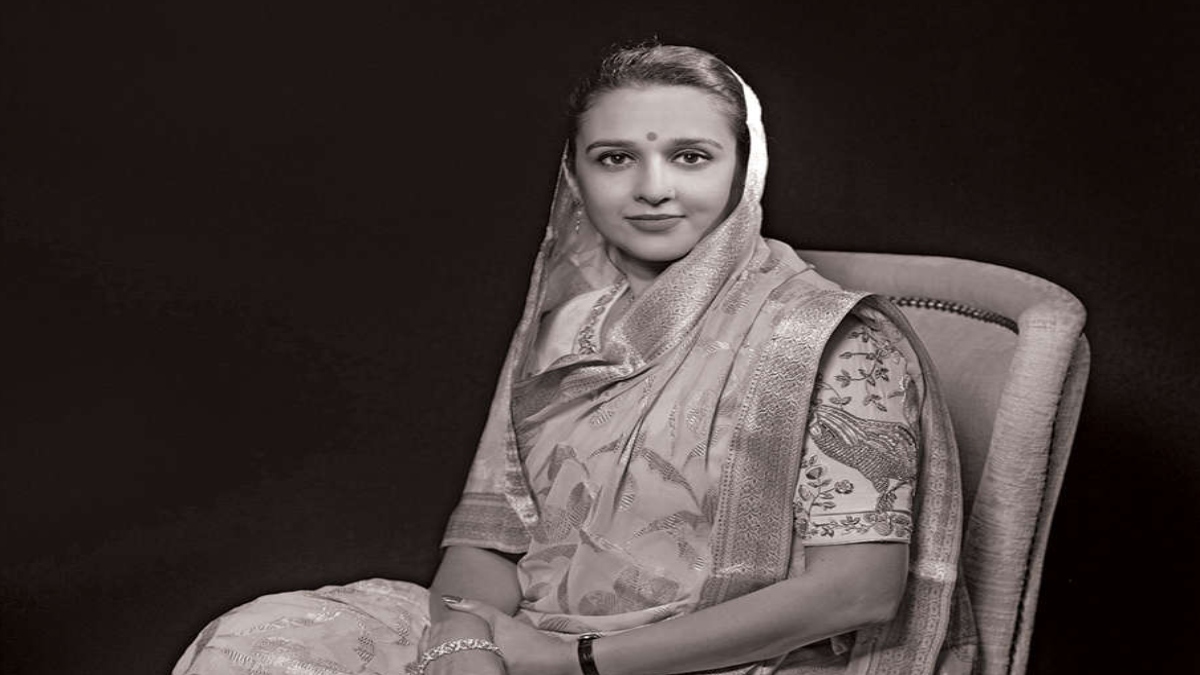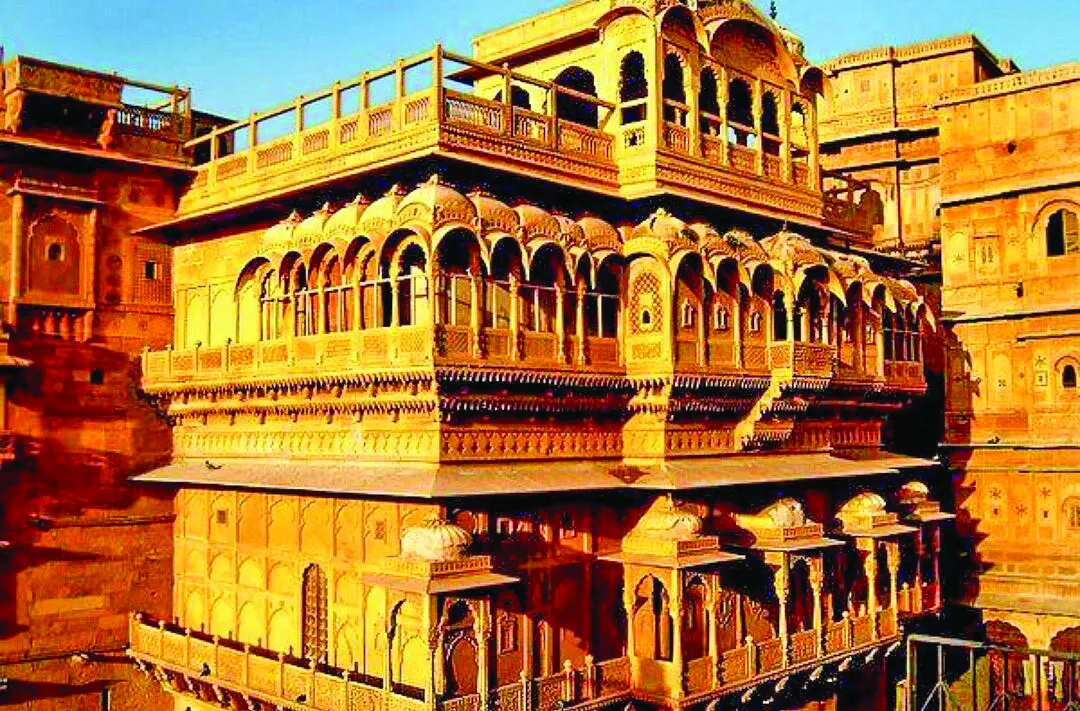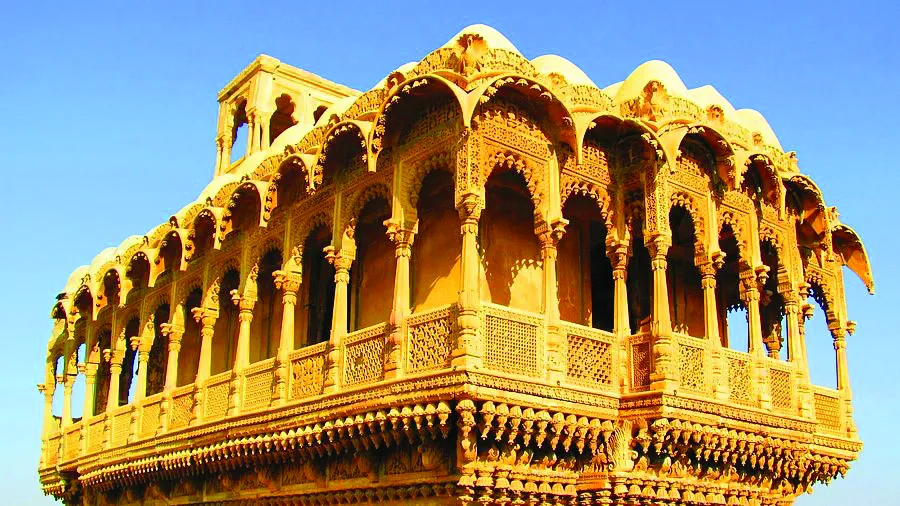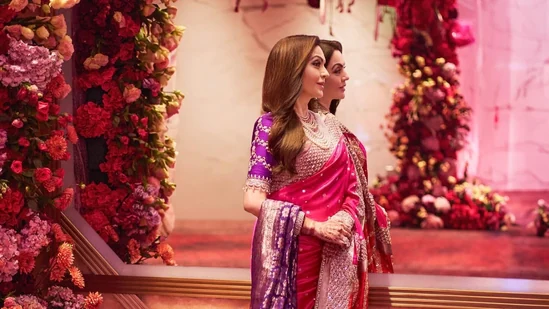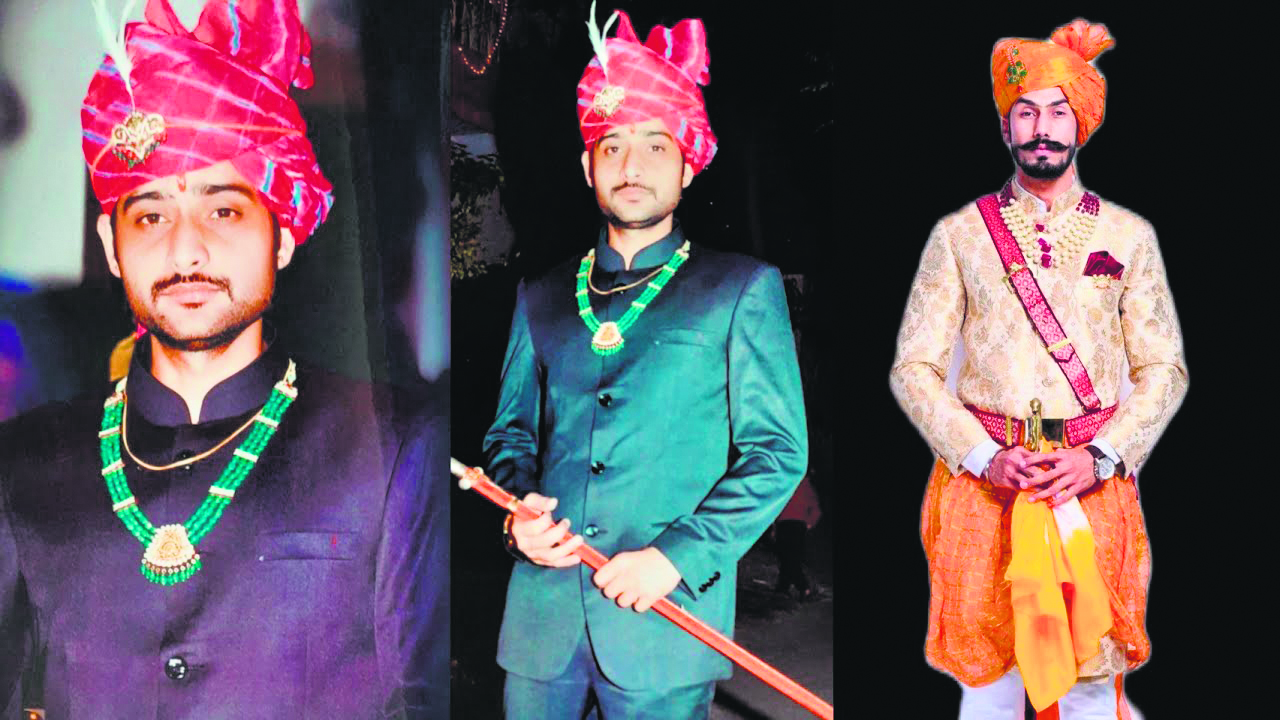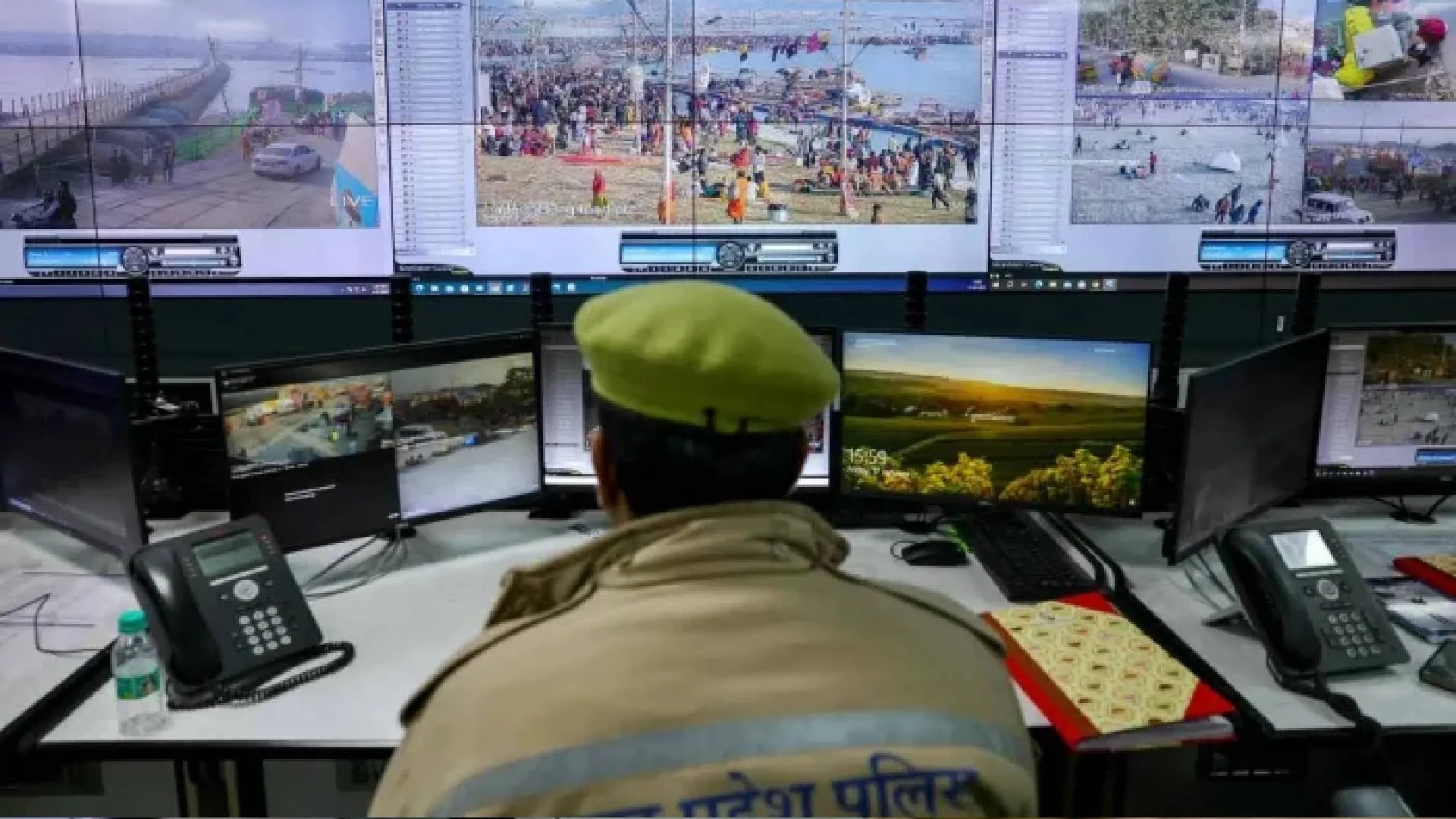RAJA RAVI VARMA’S RESIDENCY IN BARODA
The royal Gaekwad family resides in the grandiose Lakshmi Vilas Palace at the heart of Vadodara, Gujarat. Built during the reign of Maharaja Sayajirao Gaekwad III in 1890, the palace welcomed Raja Ravi Verma as its privileged guest. A special studio was built on the palace grounds. During his stay at Baroda, Ravi Varma created some of the most iconic works. This period was the golden age for Ravi Varma and his paintings. Several paintings like Nala and Damayanti, Radha & Madhava, Arjuna and Subhadra, Bharata, Shantanu and Ganga, sleeping beauty, Lakshmi & Saraswati are in the Baroda Museum. Maharani Radhika Raje of Baroda has created many forums to conserve this legacy: lithographs that carry the museum stamps, cushions with the Ravi Varma painting digitally printed on them, and art books being some of her ingenious initiatives.

Radhika Raje

Ragini Gunakali (Ragmala)

Shailaja Katoch
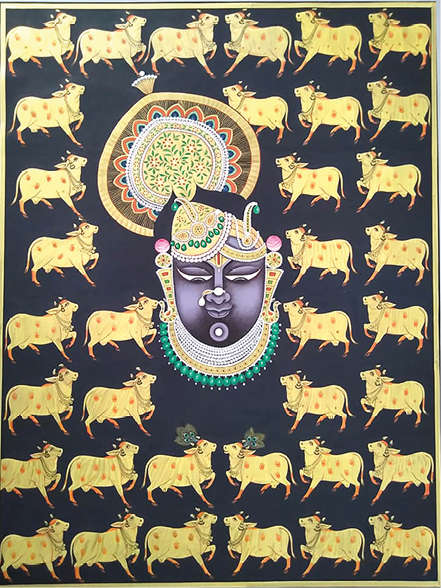

Nandini Singh Jhabua
THE PATH OF GRACE
Kishangarh paintings are instantly identifiable by the sharp elongated facial features of the men and women, the pointed, lotusshaped eyes, and serpentine locks of hair. The subjects of the paintings are usually set in large panoramic landscapes that portray the beauty of Rajasthan’s landscapes and incredible Rajasthani architecture of ornate marble structures, traditional archways, and open terraces. The paintings also capture the sheer beauty of the auspicious Kamdhenu cow, the majestic face of Shrinathji, (a depiction of Krishna) and the wondrous world of pichwai art: paintings rendered on cloth that hang behind the deity in a temple. Reviving this school of art, Princess Vaishnavi Kumari of Kishangarh founded Studio Kishangarh inside the family’s Kishangarh fort. A SOAS graduate, she brings in elements of pop art to this school creating her own language for ancient art.
KANGRA KALAM
It was during the Mughal era that a family of Kashmiri painters, trained in the Mughal style sought shelter at the court of Raja Dalip Singh (1695–1741) of Guler. It was in his court that a distinct language of art started emerging in the Hill regions of India. Adopted thereafter by Raja Sansar Chand of Kangra-Lambagraon, the art, precise and fluid, lyrical and naturalistic, began to be called Kangra Kalam. Revolving around the picturesque hills of the Himalayas, the works inspired by Jayadev’s Gita Govindam depicted the eternal love of Radha and Krishna. This art form is preserved today by the young couple Raja Aishwarya Katoch and Rani Shailaja Katoch of Kangra-Lambagraon. Having curated the Sansar Chand Museum named after their ancestor, the Katochs continue to patronise miniature artists engrossed in recreating museum art.
PRINCESS VIDITA SINGH OF BARWANI
She is inspired by her father, H.H. Rana Manvendra Singh, a pioneer in the field of automotive restoration, a published automotive historian, and the driving force behind the Cartier Concours d’Elegance. Spending most of her childhood seeing sleek vintage cars cruise in and out of his automotive workshop, Princess Vidita Singh has emerged as an artist who paints cars in their inimitable glory. Her paintings have been exhibited alongside prestigious car rallies such as the Cartier Concours d’Elegance in Hyderabad and the Pebble Beach Concours in California. Her distinct style includes painting reflections of cars, car parts as seen on the chrome, and painting surfaces of automobiles as well as their mirrors. The shift of perspective, offered by her unique eye, makes her work all the more endearing as it makes it difficult for the viewer to walk by a painting without giving it another look.
TRIBAL POINTILLISM
Gond art dates back to more than 1400 years ago and is practised by one of the largest tribes of Madhya Pradesh. Gond paintings use vibrant colours like orange, yellow, blue and red, and are created in the pointillism style with articulately drawn lines and dots as the method to bring it to life. With natural colours obtained from various sources like flowers, stones, these works simply depict the plebeian world of Indian tribals. Princess Nandini Singh Jhabua, an art custodian, has made it her mission to present Gond art to the world. Seeing so many Gond artists who were languishing, she has taken up the responsibility to revive and restore this art form. She is deeply connected to her roots in Madhya Pradesh through her social and aesthetic endeavours, encouraging traditional artists to experiment with contemporary themes.

